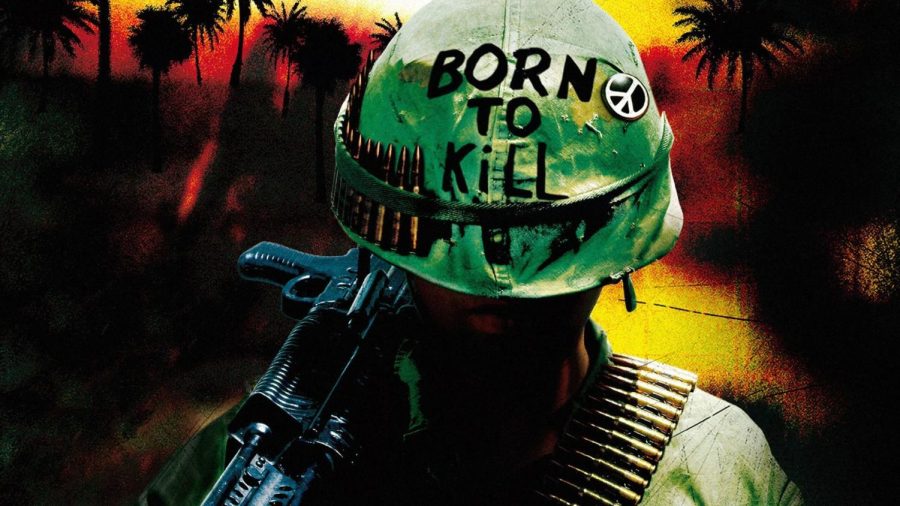What’s The Point of War Films?
April 24, 2023
“Saving Private Ryan was really intense at the beginning, but as soon as they stepped off the beach it might as well have been a John Wayne movie,” remarked Sgt. Neil Gussman of the Army National Guard about the 1998 Oscar Award winning film Saving Private Ryan. Despite the initial intensity that captivated audiences, Gussman felt that the remaining parts of the film were littered with inaccuracies.
Many of these movies about war, while entertaining, often contain an untrue recount of tragedies and often do a severe disservice to those who have actually experienced the horrors of war. The glamorization and romanticization of bloody conflicts can not only be harmful to the public’s understanding of this bloodshed but also to the veterans who may feel their efforts have been trivialized or misinterpreted. So if these movies can sometimes be harmful, what drives their creation and when may they veer into military propaganda?
Saving Private Ryan (1998) made 482.3 million dollars at the box office. Pearl Harbor (2001) made 450.2 million dollars at the box office. One of the main drivers of these films is the desire for profit. War movies, just like any other movie, are produced with the main goal of making money. These war films are part of a multi-billion dollar corporation that caters to the public’s fascination with war and its portrayal in modern culture. Thistrivesve for profit may lead filmmakers to take creative liberties with the facts while portraying war in a more glamorous light to increase the general audience appeal. While there are notable exceptions such as the 1985 Soviet film Come and See which depicted war as awful as it truly is after a young Byelorussian boy enlists in the Resistance fighters, against his family’s wishes. The movie unfolds bleakly and tragically, just as a real war does. This is one exception out of a handful of the overall depictions of war. Most movies containing themes of battle focus on entertainment, rather than historical accuracy. As a result, many films about conflicts are filled with inaccuracies that can perpetuate misleading information about warfare.
Another issue with these films is their potential to bring back traumatic memories for veterans who have experienced the horrors of war. According to the U.S. Department of Veteran Affairs, “When you serve in the military, you may be exposed to different traumatic events than civilians. The war you served in may also affect your risk because of the types of trauma that were common. War zone deployment, training accidents, and military sexual trauma (or, MST) may lead to PTSD.” Watching these films regarding their combat experience may trigger some painful memories and emotions, making it difficult to separate the reality of their experiences from the fiction portrayed on the screen. More inaccurate depictions can further their post-traumatic stress and leave veterans feeling their service has been undermined. This may lead to feelings of frustration and resentment towards the film industry and those who consume said films without completely understanding the realities of tragedies.
In conclusion, war movies, while they may be entertaining, can often contain many harmful inaccurate depictions of conflicts and the honest horrors of war. The need for profit is a significant driving force behind the making of these films, leading to creative liberties taken with historical facts to increase audience appeal. Also, these movies have the potential to bring back severely traumatic memories for veterans who have experienced the horrors of war. As such, it is important to understand the potential harm these films can cause and to approach them with a critical thought and eye. We should strive for more accurate portrayals of war that respect the sacrifices made by veterans and honor the realities of war.














